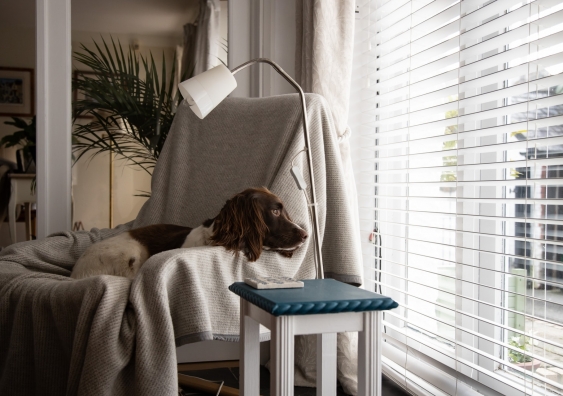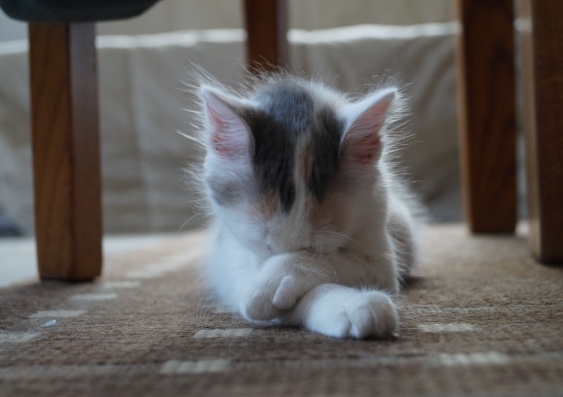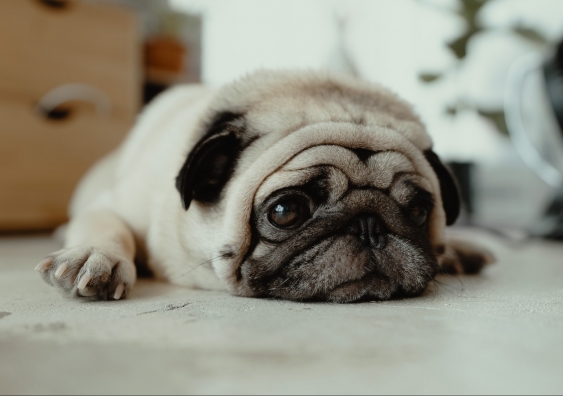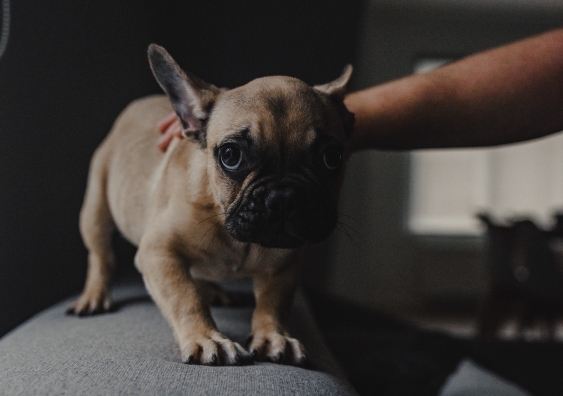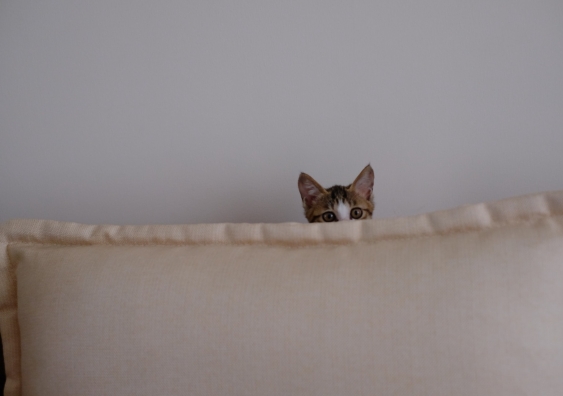Things that go bang: 7 tips on helping your pet cope this storm and firework season
Have La Niña’s storms got your furry friend feeling stressed? A UNSW Sydney animal ecologist gives advice on how to help them – and you – get through the dreary days.

